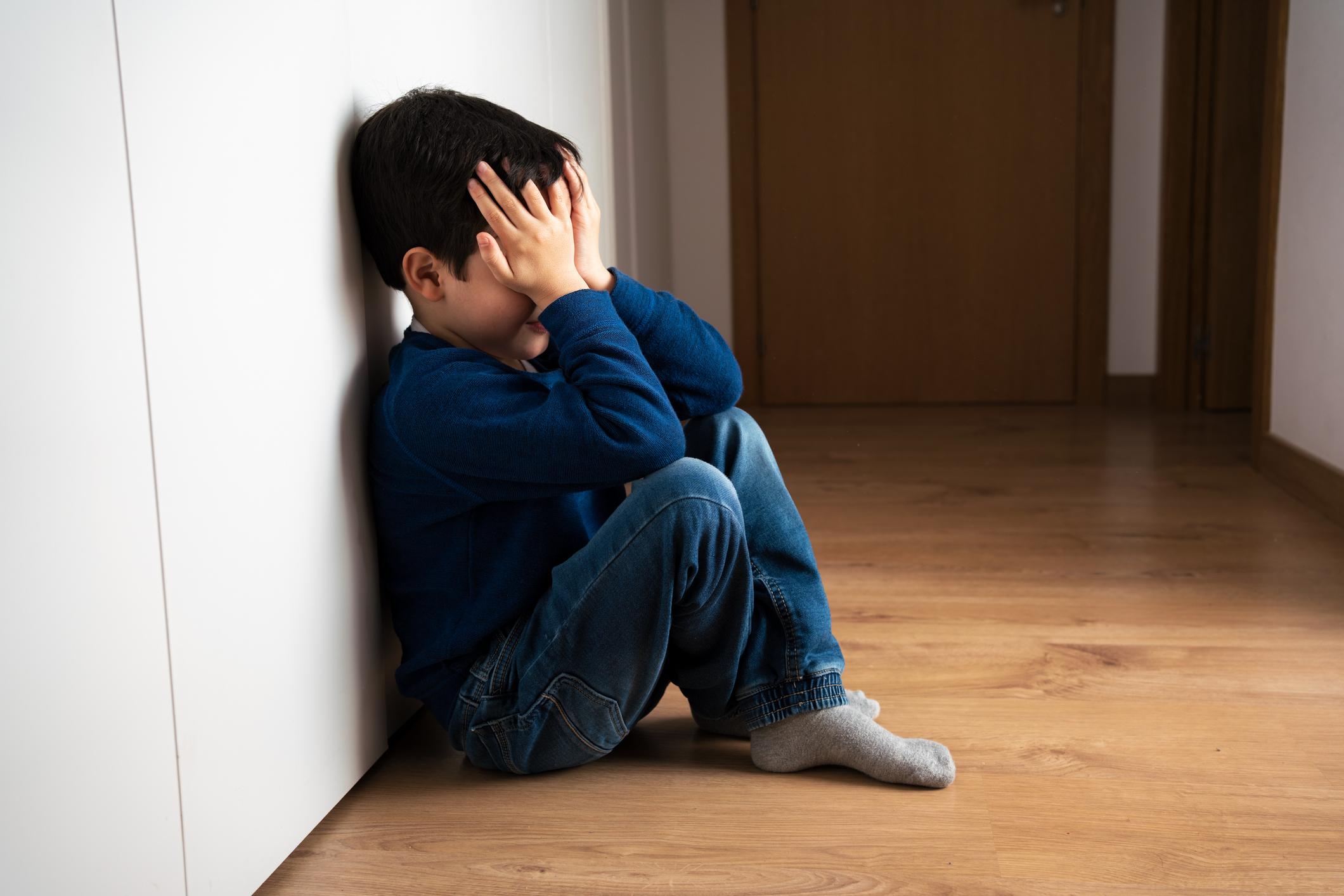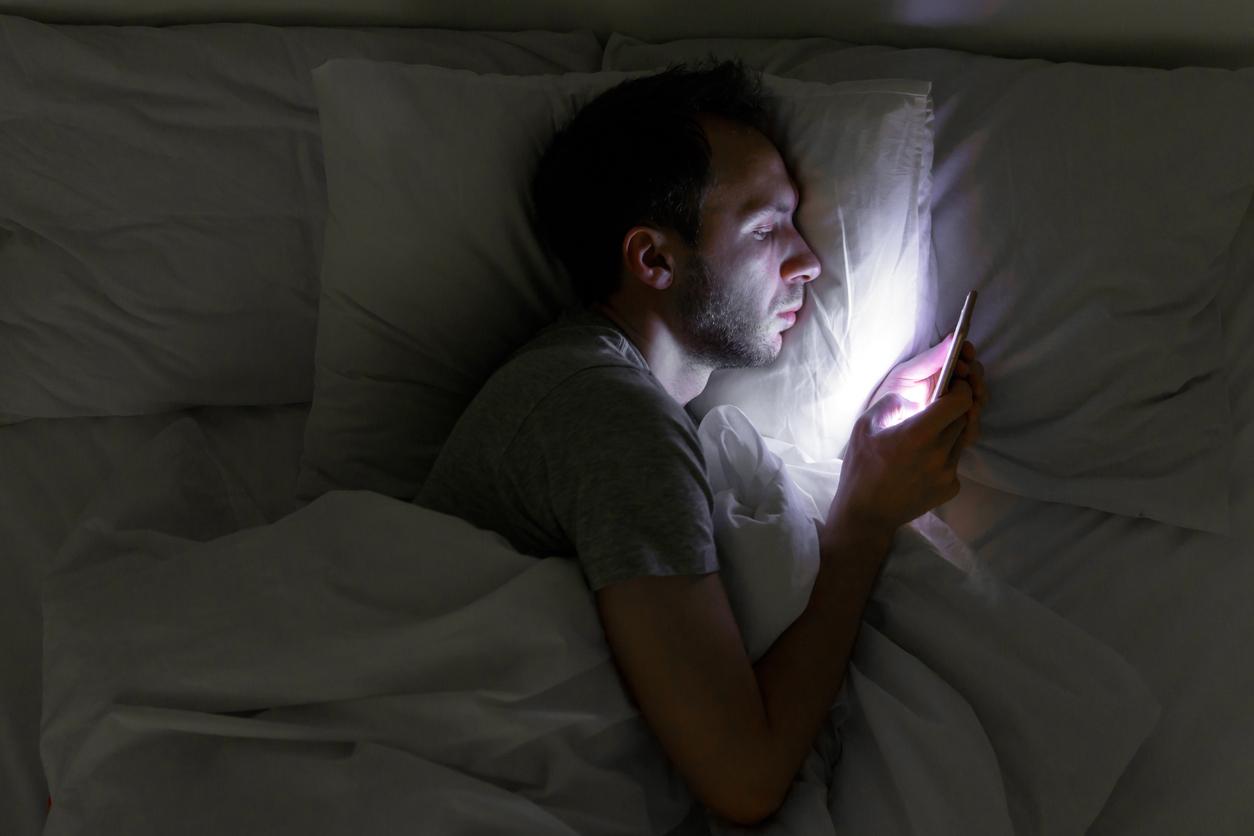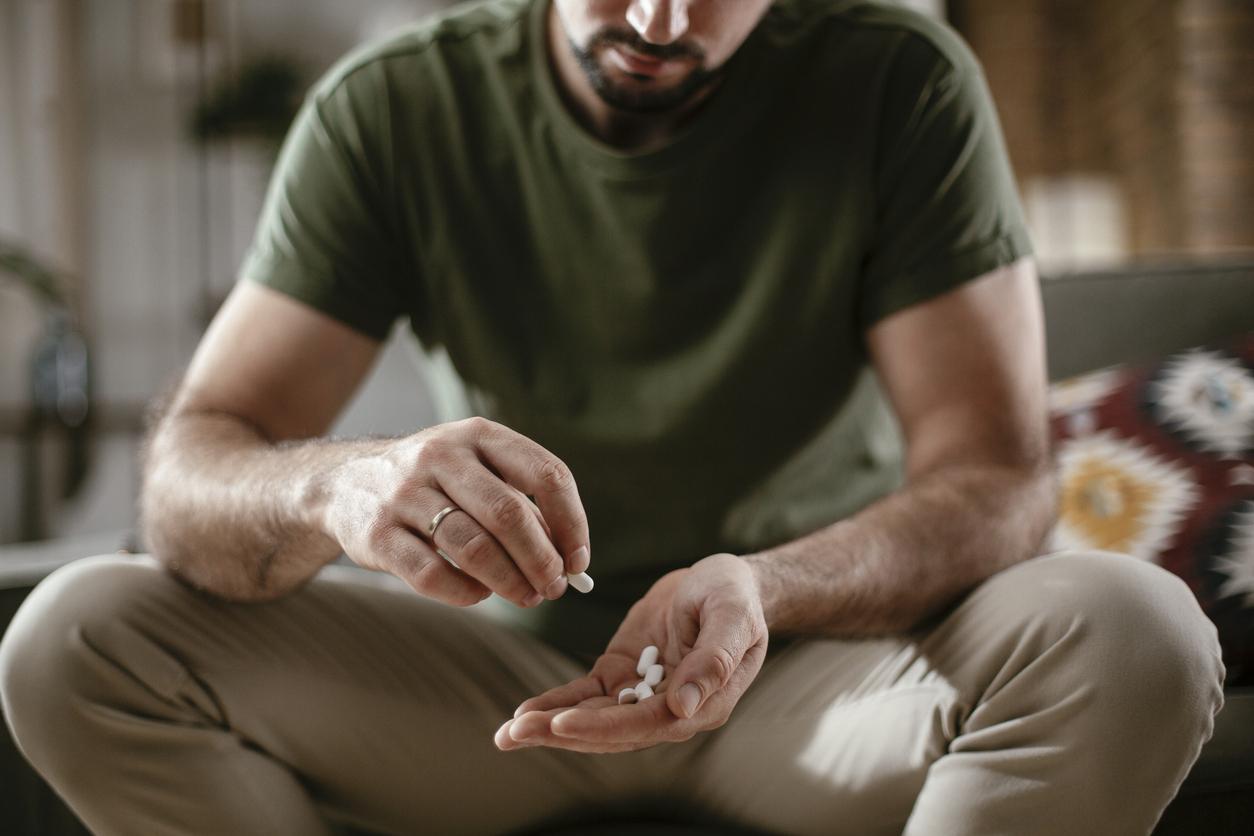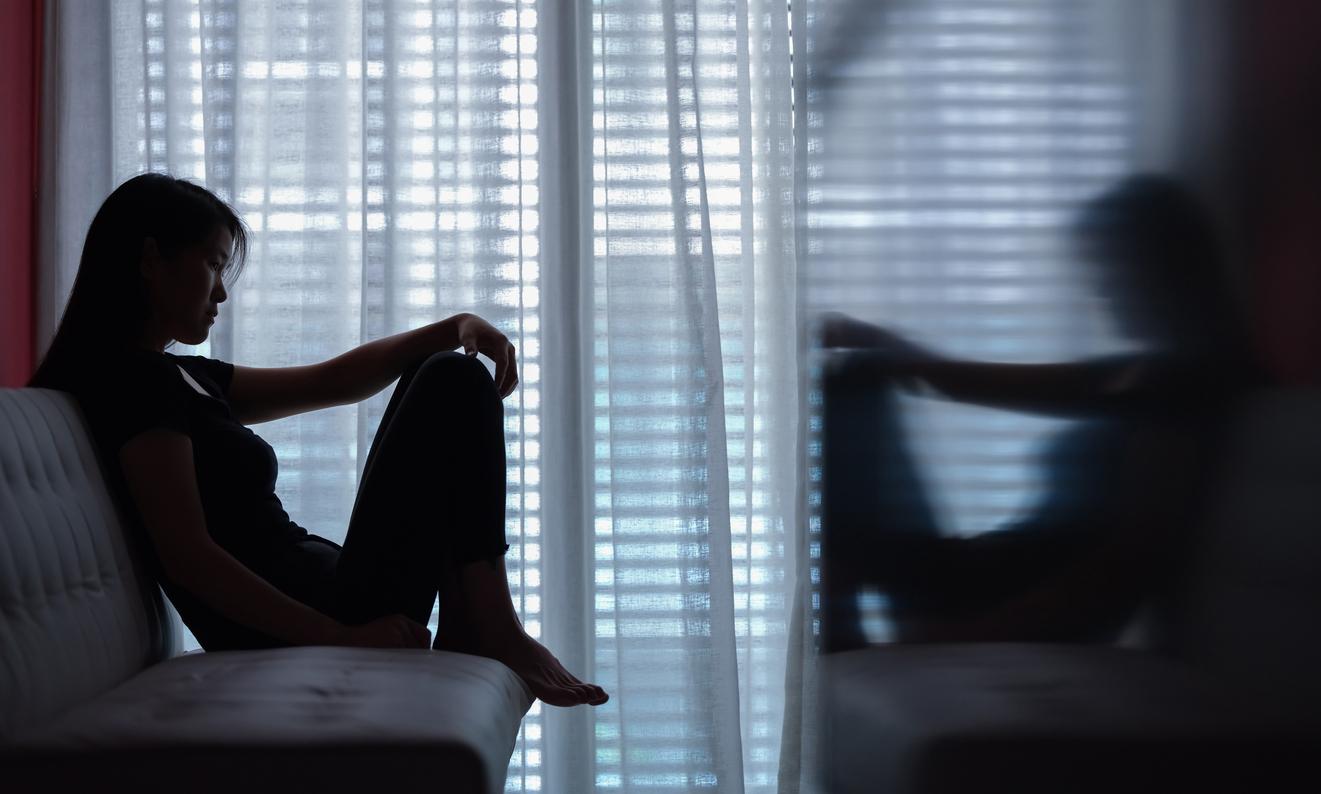High exposure to light at night increases the risk of developing or exacerbating psychiatric disorders, such as anxiety.

- Being exposed to light at night increases the risk of suffering from psychiatric disorders.
- People exposed to large amounts of light at night are more likely to suffer from depression or anxiety.
- Respecting the body’s natural cycle with light during the day and darkness at night would be one way to prevent psychiatric disorders.
Lights at night are bad for your health. According to a research team from the Turner Institute for Brain and Mental Health, located in Melbourne, people exposed to night light are more likely to suffer from mental health disorders. In the magazine Nature Mental Healththey explain how they reached this conclusion.
Night light and mental health: one of the largest studies on the subject
“Circadian rhythm disruption is one of the common features in many psychiatric disorders“, warn the authors. The term designates the body’s internal clock, with an alternation between wakefulness and wakefulness. However, daylight is strongly linked to this rhythm: it balances it while nighttime light disrupts it. According to these scientists, this research is the largest study in the world devoted to the consequences of night light on mental health: the data of nearly 87,000 people were studied. Different information was taken into account including their sleep, their level of physical activity and their mental health.
What are the consequences of light at night on mental health?
According to their findings, in people exposed to large amounts of light at night, the risk of depression increases by 30%. Conversely, those who were exposed to large amounts of light during the day reduced their risk of depression by 20%. “Similar results were observed for self-injurious behaviors, psychosis, bipolar disorder, generalized anxiety disorder and post-traumatic stress“, underline these specialists.”And our results were consistent even when accounting for work rhythm, sleep, urban versus rural living, and cardio-metabolic health.“, adds Sean Cain, director of this study.
Mental health: control your exposure to light to reduce the risk of psychiatric disorders
For the authors, these results indicate that simply avoiding light at night, and seeking more light during the day, could be an effective, non-drug way to reduce serious mental health problems. “It’s about having bright light during the day and darkness at night.”, specifies Sean Cain. It may seem simple, but for him, the modern era and industrialization have profoundly modified our biological rhythms. However, the brain needs a rhythm based on natural light to function properly. “Humans today are challenging this biology, spending approximately 90% of the day indoors under electric lighting that is too dim during the day and too bright at night compared to natural light and dark cycles, develops this specialist. It disrupts our body and makes us sick.”

















